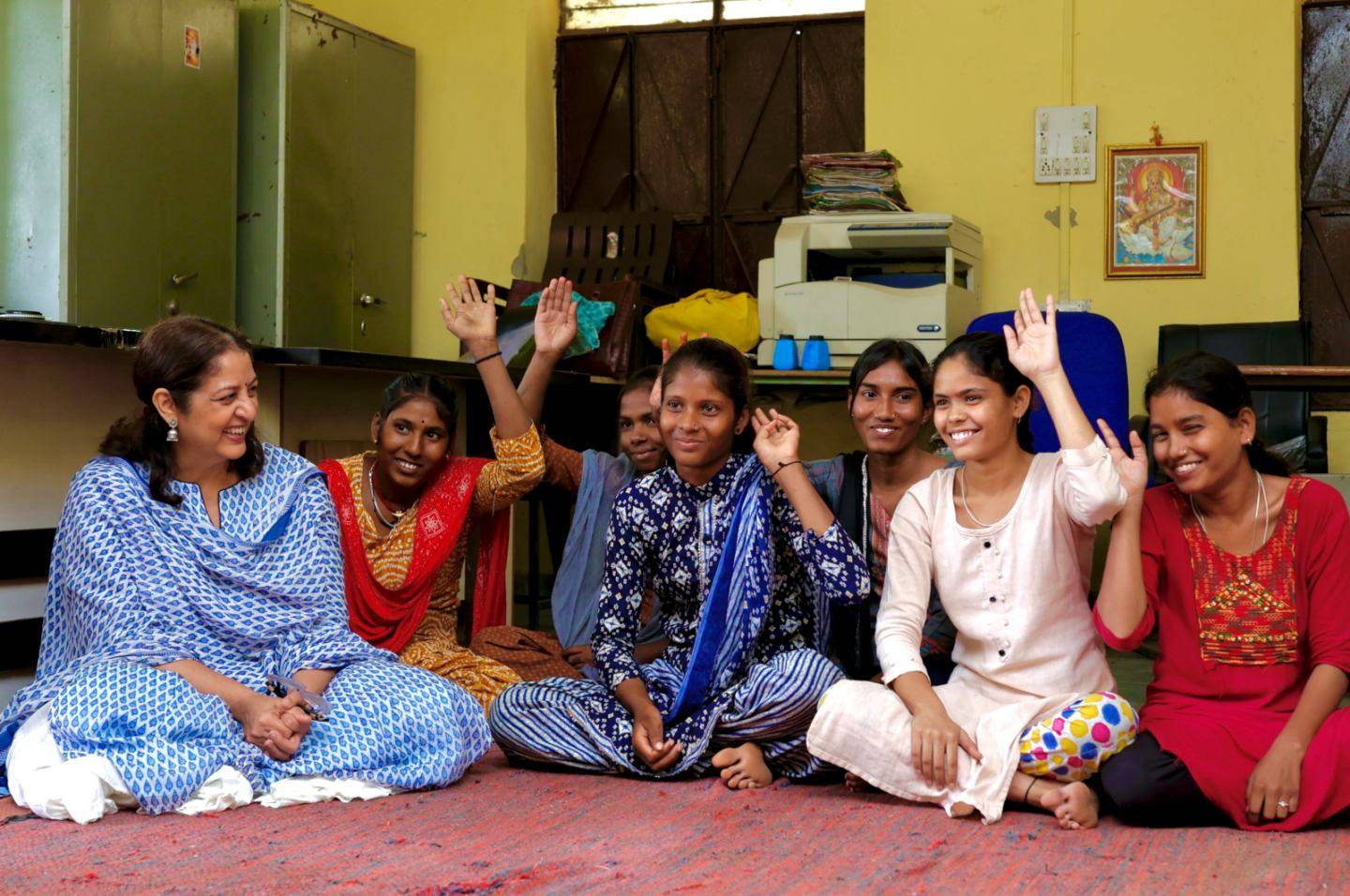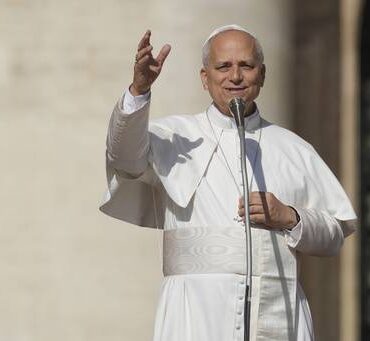Educate Girls breaks resistance to learning

In its early days nearly two decades ago, India’s nonprofit organization Foundation to Educate Girls Globally, more commonly known as Educate Girls, held a village meeting to convince parents to send their daughters to school.
It was a huge gathering attended by hundreds, recalled Educate Girls founder Safeena Husain.
Suddenly, a young man barged into the meeting and declared, “We don’t send our daughters [to school] because we know what happens when girls are educated …. They wear revealing clothes, have love marriages and run away.”
In a deeply patriarchal society like India where girls are often “deprioritized” and marginalized, Husain knew that pushing gender equity and championing their rights had to “come from within.”
Determined to transform lives through education, she began mobilizing local volunteers who went door-to-door to convince families to send their daughters to school.
Team effort
From an initial 300 girls, the number of participants slowly grew and has now reached 31,500 while the movement has made history as the first nonprofit organization from India to receive the Ramon Magsaysay Award.
Educate Girls was cited for its “commitment to addressing cultural stereotyping through the education of girls and young women, liberating them from the bondage of illiteracy and infusing them with skills, courage, and agency to achieve their full human potential.”
When the announcement was made on Aug. 31, Husain was tearful as she recalled how the 18-year journey of the organization flashed before her eyes.
“It’s been the hard work of thousands and tens of thousands of volunteers on the ground. It’s been about our government partnerships, our supporters, our team members, our team Balika … all of them who have worked for one mission and one mission alone and that is to find girls who are not in school, either they dropped out or never enrolled, find them, bring them back to education, make sure they’re learning, staying in school and able to achieve their dreams,” Husain told reporters in a recent press conference.
She narrated how she grew up in difficult circumstances and when everybody else, including her, had given up on her, her aunt took her under her wing and encouraged her to get an education.
Skepticism, experiment
In 2005, after graduating from the London School of Economics and working in San Francisco in the United States, Husain decided to return to India to take on the challenge of addressing the high illiteracy rate among young girls.
After two years, she established Educate Girls, which started its mission in the neediest communities of Rajasthan.
There was a lot of skepticism at first since “nobody really believed that you can get people to volunteer for girls’ education.”
After an experiment in which they initially paid people from the village to go door-to-door and convince parents, the organization found out the youngest and most “mission aligned” people were the most effective volunteers even though they were not paid for their services.
“Change in mindset really needs to come from within the community. More than 90 percent of our own team members come from the same villages, from the same districts, from the same blocks, because they understand what the local situations are,” Husain said.
Critical hot spots
Educate Girls also operates based on an algorithm that predicts where the highest number of out-of-school girls are, allowing them to identify the critical hot spots.
“Once we select the villages, we actually go and find our Team Balika volunteers who are our gender champions. These are young, educated individuals who understand the value of education because of their own life. And we train them, we mentor them, and then with them, we go door-to-door. We knock on every single door in the village to find girls who are not going to school,” Husain said.
Educate Girls also launched Pragati, an open-schooling program that allows those between ages 15 and 29 to complete their education and avail themselves of lifelong opportunities.
These efforts were funded through a “development impact bond,” a financing model first introduced by the organization in which UBS Optimus Foundation provided upfront capital to Educate Girls as service provider while another foundation, the Children’s Investment Fund, acted as the “outcome payer” which promised to repay the investor with returns if the agreed targets were met.

















